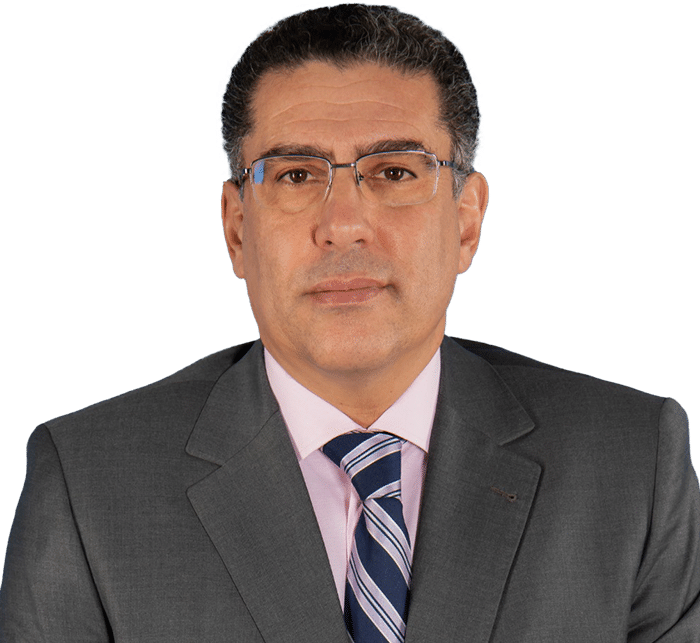Advancing the Social Contract in the MENA
Many MENA countries have witnessed substantial gains in human development in the last several decades. Yet, disparities within the region remain large as do the barriers to building resilient and inclusive societies. Historically, a pronounced legacy of state-led development—in some cases fueled by hydrocarbon wealth—has led to the creation of large scale, expensive social distributive systems across the region. While many states have actively tried to revise their “social contracts”, existing systems have proven difficult to reform. Today, more than ten years after the start of the so-called Arab Spring, which challenged existing social contracts through mobilization and protest, citizen-state relations remain tense. The perennial challenges of inequality, corruption and poorly diversified economies have created frustration and disaffection. Furthermore, interconnected phenomena related to growing youth populations, imbalances in the labor market, the low productivity of education, and large refugee flows have placed particularly sizable burdens on social sectors and on government capacities to respond to the demands of citizens and non-citizens alike. Its working-age population and labor force is growing faster than the employment generated and countries face challenges both on the demand and supply sides of the labour market. On the demand side, due to the political economy dynamics and the lack of a conducive business environment, job creation is concentrated on too few sectors and often a few geographical regions, not allowing for Small and Medium Enterprises to grow, diversify, integrate regional and global value chains and in turn create more and decent jobs. On the supply side, the region suffers from a significant skills mismatch among youth entering the labour market, which leads to high youth unemployment. Today, these challenges risk being further exacerbated by the socio-economic impact of the pandemic and by the fall-out from the war in Ukraine, especially as the latter poses new risks related to food and energy security.
How can social contracts in the MENA be re-envisioned, reformed and reenergized? How can firms, governments, and actors in the non-profit sector assist MENA countries in avoiding further rupture, and instead help them cultivate resilient and inclusive practices that balance the needs of individuals, communities, business, and the state? What kinds of resources, whether they be grassroots or transnational, can MENA societies draw? To what extent can improving dialogue among states, public institutions, international organizations, the private sector, and innovation hubs result in advancing the social contract and increasing standards of living for the region?







